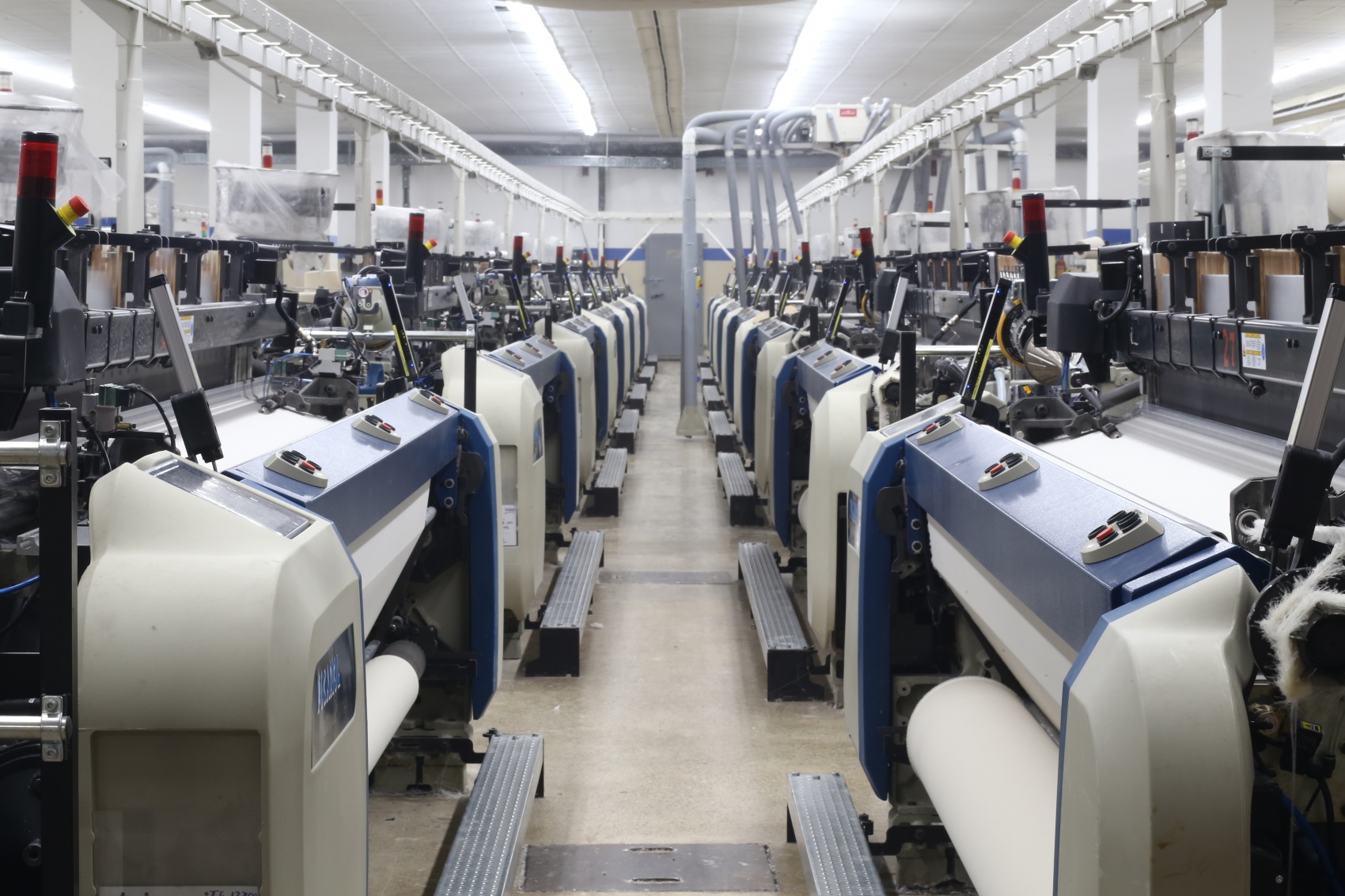Choosing the proper textile manufacturer is vital for the success of your product line. Pakistan boasts a robust textile industry, offering numerous manufacturing options, including those of renowned players like Acme Mills. However, finding the best manufacturer requires careful consideration. Here’s a step-by-step guide to help you identify the ideal textile manufacturer for your business in Pakistan, with a focus on Acme Mills:
Features To Identify The Best Textile Manufacturer
1. Define Your Requirements
Before reaching out to manufacturers, clearly outline your product needs. Consider the following:
- Type of Fabric: What textile material do you need (cotton, linen, synthetic, etc.)?
- Production Volume: How much will you produce (small batch vs. large scale)?
- Customization: Do you require special designs, dyes, or prints?
- Budget: Establish a clear budget for the production process.
Having these specifications will facilitate effective communication with potential manufacturers like Acme Mills.
2. Research the Pakistani Textile Industry
Pakistan is one of the world’s largest textile exporters, with hubs in cities like Lahore, Karachi, and Faisalabad. Conduct thorough research to identify key players, including Acme Mills. Start by looking for:
- Textile Exports Data: Focus on companies that specialize in international markets.
- Industry Associations: Engage with associations like the All Pakistan Textile Mills Association (APTMA) for reliable manufacturer references.
3. Check Manufacturer Credentials
When shortlisting potential manufacturers, ensure they are credible and experienced. Evaluate them on:
- Experience and Reputation: How long have they been in business, and what is their track record?
- Certifications: Look for certifications such as ISO, OEKO-TEX, and other quality standards.
- Client Portfolio: Ask for references and a portfolio of previous work to gauge capabilities and client satisfaction.
4. Quality Control Processes
Quality is non-negotiable in textiles. Ensure that the manufacturer has a solid quality control system. Inquire about:
- Material Sourcing: Where do they source their raw materials, and are they high-quality?
- Inspection: What quality inspection processes do they follow at each production stage?
- Sample Review: Request samples to assess quality before committing to large-scale production.
5. Production Capacity and Technology
Evaluate whether the manufacturer can meet your production deadlines without compromising quality. Ask about:
- Capacity: What is their production capacity, and can they scale if necessary?
- Machinery and Technology: Do they use modern equipment to ensure precision and efficiency?
- Turnaround Time: How quickly can they fulfill your orders?
6. Pricing and Payment Terms
Discuss pricing structures in detail. Request a comprehensive breakdown of costs, including:
- Raw Materials: Fabric costs, custom dyeing, or printing charges.
- Labor: Manufacturing and labor-intensive process costs.
- Shipping: International or local shipping costs, if applicable.
Negotiate favorable payment terms (e.g., deposit amounts, payment upon delivery) with potential partners like Acme Mills.
7. Sustainability and Ethical Practices
With the rising demand for sustainable fashion, consider the ethical practices of the manufacturer. Inquire about:
- Environmental Impact: Do they use eco-friendly dyes or recycle materials?
- Fair Labor: Are workers treated fairly, with reasonable conditions and wages?
- Sustainability Certifications: Look for manufacturers with certifications like GOTS (Global Organic Textile Standard).
8. Visit the Manufacturing Facility
If possible, visit the manufacturing facility to assess conditions firsthand. During your visit:
- Inspect the workplace environment.
- Meet the team responsible for your production.
- Observe the workflow and determine production efficiency.
9. Communication and Support
Strong communication is essential for a successful partnership. Consider:
- Responsiveness: How quickly and effectively does the manufacturer respond to your queries?
- Language Barriers: Ensure there’s no miscommunication due to language differences.
- Project Management: Do they offer dedicated account managers or support to guide you through the production process?
10. Start with a Trial Order
Before committing to a long-term contract, start with a small trial order. This allows you to:
- Evaluate the manufacturer’s performance in real-time.
- Test the quality and reliability of the final product.
- Adjust any issues before scaling production.
Conclusion
Finding the best textile manufacturer for your product line in Pakistan requires thorough research, clear communication, and a focus on quality and reliability. By following these steps and considering reputable manufacturers like Acme Mills, you can ensure that you partner with a manufacturer that aligns with your business needs and standards.

